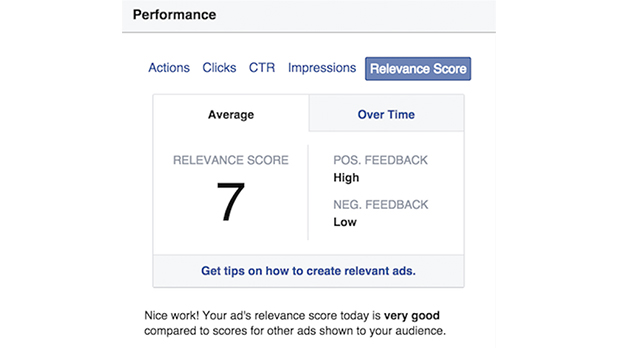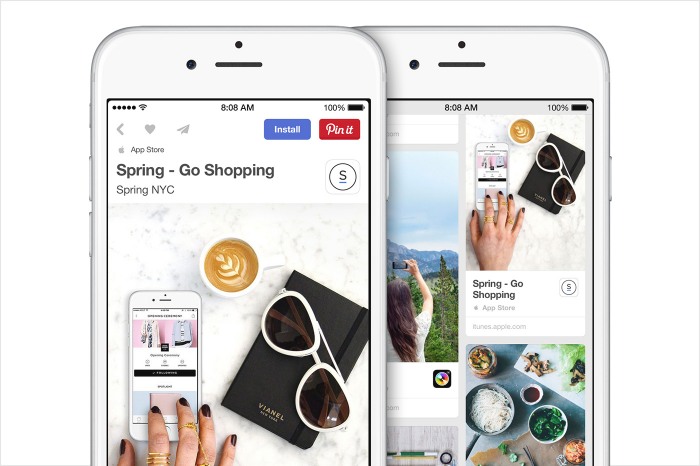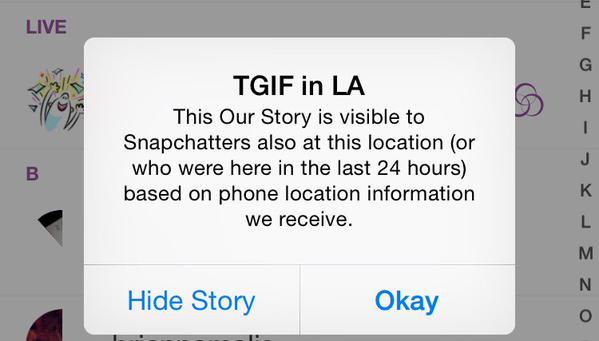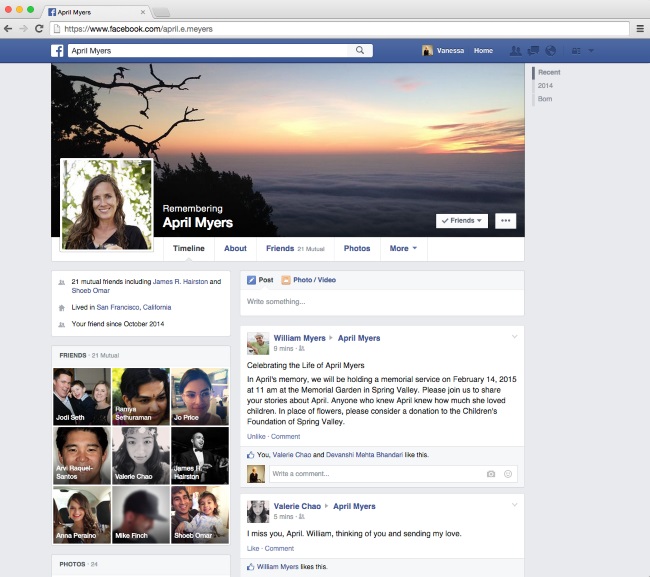The week in social: Facebook relevance scores, Twitter Curator and Pinterest App Pins

15 Feb 2015
Lindsay McHugh
The week in social
Facebook introduces relevance scores
This week Facebook introduced a relevance score for advertisements in an aim to ensure people see content that matters to them. The relevance score – a number between 1 and 10 – is calculated based on positive and negative feedback. While ads with guaranteed delivery like those bought through reach and frequency are not impacted by scores, the feature is said to help advertisers test ad creative, optimize campaigns in progress and lower the cost of reaching people. The tool is available globally via Ads Manager.

Read more on Facebook.
Curator: Twitter’s new tool for media outlets
Twitter has launched a new app that allows media organizations to create embeddable collections of tweets and Vines as a way to create rich stories. The Storify competitor, which builds on Twitter’s collection tool, allows you to filter content by user profile and post qualities like sentiment. Curator also gives broadcasters the ability to create on-air graphics with Twitter responses to shows. Twitter is accepting requests from journalists looking to be whitelisted.
Read more on The Next Web.
Pinterest releases App Pins
Pinterest’s latest addition to Rich Pins is the App Pin for iOS applications. The App Pin allows Pinners to install iOS apps without having to leave the platform. With more than 75% of traffic to Pinterest coming from mobile devices, it’s a natural evolution of the Rich Pin product. The feature is currently US-only and specifically for iOS apps.

Read more on Pinterest.
Snapchat experiments with localized Our Stories
Continuing to expand Snapchat’s use case from silly snaps with friends to full exploration channel, Snapchat is toying with a localized version of its Our Stories product. The feature allows users to see Snaps within a certain geographic range. The potential to connect users who are in a uniform location without knowing one another is a large opportunity for engagement at live events.

Read more on TechCrunch.
Pinterest kills monetization links
Pinterest has decided to end partnerships with affiliate networks in an effort to maintain a high bar of relevancy and quality of Pins. In its first total ban, the network will automatically remove all affiliate links, redirects and trackers on Pins without removing the original content. Pinterest has requested its power users look to monetize their fan base in approved ways, including paid social media marketing campaigns. The change won’t impact or be noticeable to a majority of Pinterest users.
Read more on VentureBeat.
Facebook formalizes legacy contact
Facebook has introduced legacy contacts, a feature that allows users to determine who will receive the rights to their Timelines when they pass on. A next step from Facebook’s memorializing of accounts, the update gives users more control over what happens to their profiles. Family members or friends can be identified to manage aspects of the profile from cover images to friend requests and pinned posts. The legacy contact will not be able to view the person’s private messages or log on as the user. It is also possible for users to have their profiles permanently deleted after death. This setting is currently available in the US and is completely optional.

Read more on Social Times.
Twitter updates navigation with swipe to dismiss for images
Twitter is changing the way users get out of viewing images in-stream. The change from tapping on an image to swiping up or down to return to the feed is an attempt to align more with current user’s natural navigation motions on mobile. This feature may have been inspired by third-party app Tweetbot, which has historically had a similar swipe-to-dismiss function.
Read more on The Next Web.
LinkedIn updates its developer program
LinkedIn is refocusing their Developer Program from primarily open APIs to partnerships in an effort to provide clarity and focus to preferred integrations. Building on their successful partnerships with the likes of Samsung and WeChat and their current Sponsored Update program, LinkedIn will now require developers to become a member of one of the partnership programs. From May 12, 2015, open APIs will be limited to enabling individual members to represent their professional identity, post certifications, share professional content and allow companies to share professional content to LinkedIn.
Read more on LinkedIn.
Millions say they use Facebook, but not the Internet
A recent report polling Facebook users in emerging markets revealed that the users of the social network don’t associate the platform with the Internet. Think tank LIRNEasia found that more respondents said they used Facebook than the Internet in Thailand, the Philippines, Indonesia and Myanmar. The disparity between the two has raised some concerns for businesses or organizations looking to engage with populations that are heavily reliant on Facebook with the potential for all communication to be streamlined through the platform in order to ensure reach of message.

Read more on CNBC.
Google acquires photo startup Odysee
In its latest acquisition play, Google has acquired Odysee, a photo back-up and sharing app. Although no terms have been disclosed, the move sees the Odysee team join Google+ and indicates the platform may be looking to boost its photo product offering.
Read more on Business Insider